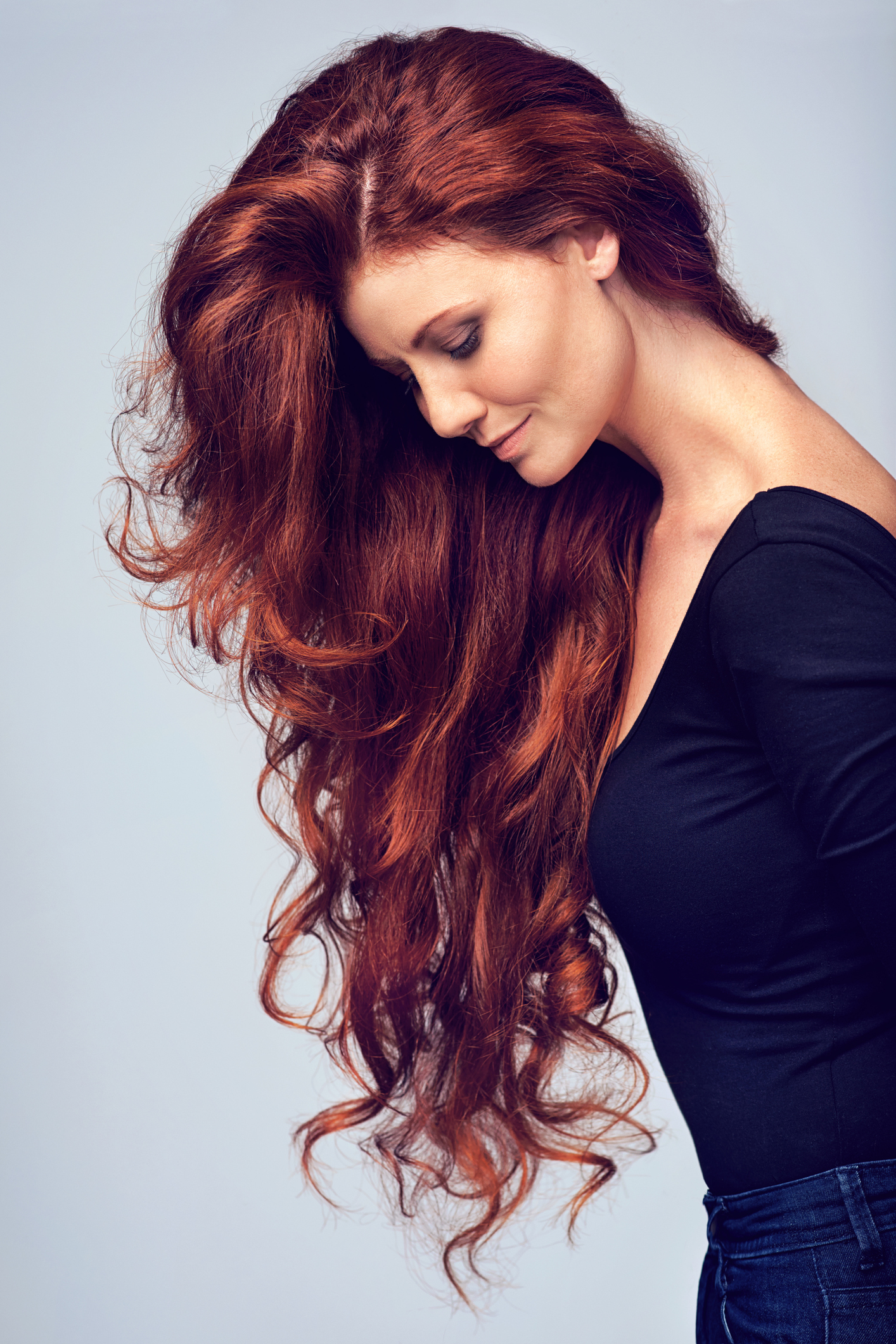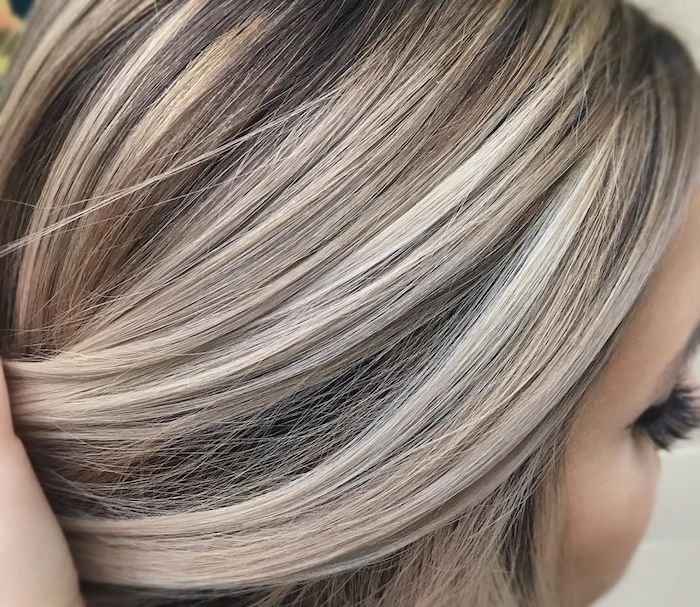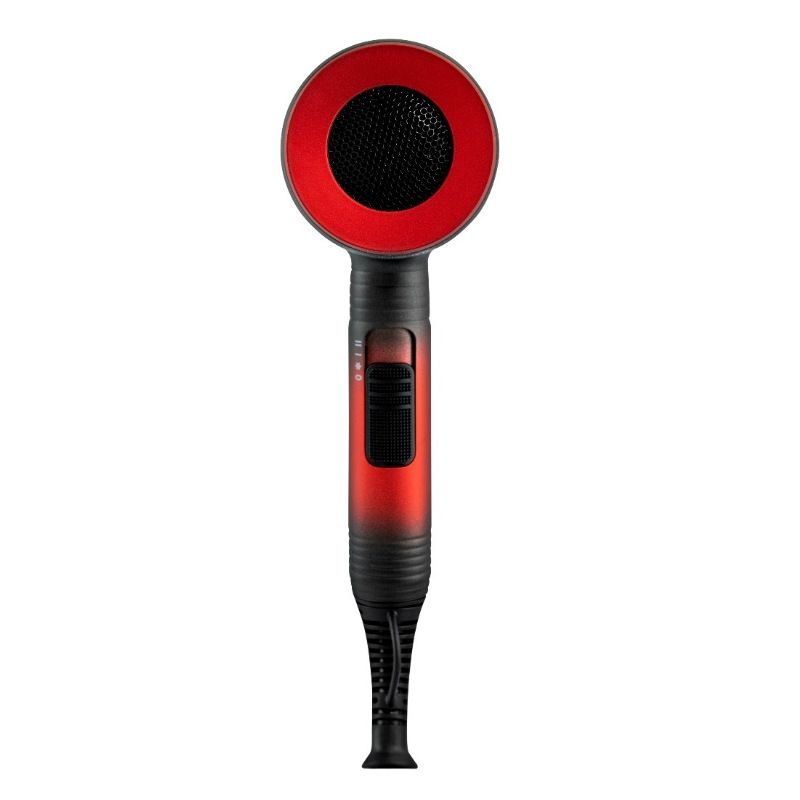Table Of Content

You can enhance your body's absorption of iron by drinking citrus juice or eating other foods rich in vitamin C at the same time that you eat high-iron foods. Vitamin C in citrus juices, like orange juice, helps your body to better absorb dietary iron. You can reduce your risk of iron deficiency anemia by choosing iron-rich foods. It’s always a good idea to visit your doctor to discuss treatment options and get you on the path to optimal health quickly.
Do not sell my personal information Privacy Policy and Terms of Use
The recommended dietary allowance of vitamin A for adults aged ≥ 19 years is 1300 mcg/day (4300 IU [international units]) for U.S. populations. While there is no upper intake level for provitamin A carotenoids, ingestion of very high levels of preformed vitamin A can be toxic. For adults aged ≥ 19 years, the tolerable upper intake level of preformed vitamin A is 10,000 IU [13]. It is therefore important to consider what form of vitamin A is contained in supplements (provitamin A carotenoids or preformed vitamin A) and in what proportion. If your hair loss was solely due to low iron levels, increasing your iron intake should reverse the effects and encourage regrowth after a few months.
selenium
This is a normal part of the hair growth cycle and is required for new hair to grow. However, if the body is deficient in iron, the hair follicles may not receive enough oxygen and nutrients to complete this phase, resulting in weaker, more prone to breaking hair strands. Finally, the hair rests and falls out naturally during the telogen phase, which lasts 3-4 months. In 2006, an investigative study described gene expression specific to the bulge region of the hair follicle [116]. St. Pierre et al. [93] reviewed the literature for the function of genes that may be affected by fluctuating iron levels. The genes CDC2, NDRG1, ALAD, and RRM2 are upregulated in the bulge region and can be regulated by iron.
Causes of Iron Deficiency Anemia
Research has determined that there is not enough evidence to say for sure that iron deficiency anemia can cause hair loss in men or women. While some studies have found that people experiencing hair loss were deficient in iron, there is little evidence to suggest that an iron deficiency is the cause. Unlike male-pattern balding, women often experience an overall thinning, which maintains the normal hairline.’ Explains Dr Balwi.
Treatment
In order to promote overall health and prevent complications, iron deficiency, a common condition that can result in hair loss, must be treated. A thorough investigation of the underlying causes of iron deficiency and hair loss, including genetic, environmental, and lifestyle factors, is necessary for proper diagnosis and treatment. Treatment options could involve altering one's diet, taking extra iron, taking medication, changing one's lifestyle, and attending to any underlying conditions that might be making the issue worse. Regular monitoring and follow-up visits can help ensure that the treatment is effective and spot any emerging or new problems that may need to be addressed. By using a comprehensive approach to evaluation and management, healthcare professionals can assist their patients in achieving healthy hair growth as well as overall health and well-being. An iron deficiency can also have an impact on the structure and operation of hair follicles.
Top doctors in ,
“In the UK, 12 per cent of premenopausal women have iron-deficiency anaemia and 23 per cent of pregnant women. This is because iron is needed for the rapid growth and development of babies and children. During menstruation, the loss of blood means that women need more iron to produce more blood cells,” says Dr Emily Porter, a dietitian at the Gut Health Clinic. When you have an iron deficiency, your body struggles to produce enough haemoglobin and red blood cells to meet its oxygen-carrying needs, leading to several different symptoms. Basic frequencies and prevalence rates were calculated for demographic data and other parameters. The χ2 test or Fisher's exact test was performed to compare observed frequencies.
Role of Micronutrients in Scalp Scaling Conditions
Research estimates between 30–50% of children and other groups worldwide have anemia due to lack of iron. This is especially prevalent in developing countries of Africa, for example, because many kids don’t get enough iron from their diet (Miller, 2013). A rare condition called iron-refractory iron deficiency anemia is a form of anemia that you can inherit from your parents. Babies with this condition are born with a gene mutation that causes low iron. Any injury that causes you to lose blood can cause iron deficiency anemia.
Without enough iron, we can’t create enough hemoglobin to sustain those bodily functions. Low levels of iron in your blood, or iron deficiency, can impact your body’s ability to produce red blood cells, leaving you feeling tired and weak. There’s also some evidence that there’s a relationship between low iron and hair loss. Iron is important for having healthy red blood cells, which carry oxygen throughout your body. If you don’t get enough iron from your diet, you can develop anemia, or a low red blood cell count, which is a cause of hair loss. To better understand the link between iron deficiency and excessive hair loss in women, a study examined more than 5,000 women aged 35–60.
Follow-Up Testing
Interestingly, the reduction in vitamin B12 levels had no adverse effects on hair shedding or hair growth [49]. This meta-analysis that evaluated associations between iron deficiency and hair loss of the nonscarring type included studies from a broad range of countries from Europe, Asia, Africa, and the USA. The prevalence of iron deficiency, defined as a ferritin level between 10 and 15 ng/dL or below, was 21%. This result is comparable with the prevalence of iron depletion in the general population. In Europe, the reported rates are from 3 to 8% in Poland and Italy to 22–23% in Norway, Belgium, and France [34, 35]. The reported rate of iron deficiency in the USA and Canada is 10–12% [36].
In severe cases, you may have heart palpitations and shortness of breath. One of the first things many doctors do is look for occult blood loss. Be sure to fill up on iron-rich foods like spinach, peas, lean proteins — like pork and salmon — and dried fruit. You should also look for the phrase “iron-fortified” on labels of packaged foods like cereals.

Adult iron supplements can be toxic for young children, so keep them in tightly capped, childproof bottles. You can help your body absorb non-heme iron by combining vegan sources of iron with a food rich in vitamin C. For example, drink a glass of orange juice with a plate of spinach, or add green peppers to beans.
Iron, magnesium, zinc and selenium - The most common elemental deficiencies in children with autism spectrum disorder - ScienceDirect.com
Iron, magnesium, zinc and selenium - The most common elemental deficiencies in children with autism spectrum disorder.
Posted: Tue, 26 Dec 2023 01:39:06 GMT [source]
There are a number of factors that have been linked to the development of telogen effluvium, though the mechanisms underlying it are not fully understood. Because stress causes hair follicles to prematurely enter the telogen phase, it is one of the main causes of TE. Surgery, illness, and childbirth are examples of physical stressors. Most of the studies related to iron deficiency anemia and hair loss look at hair loss in women.
Currently, no credible evidence supports the use of collagen for hair growth in humans. Studies on the effect of collagen supplementation on hair growth tend to be in vitro, on animals, or poor quality. Hair loss is fairly common and may result from hormones, medical conditions, extreme stress, treatments such as chemotherapy, and more. Hair loss can range from thinning to total loss of hair, can be temporary or permanent, and can affect all ages and genders.
Gradually thinning hair as you age is also normal, and largely hereditary. But hair loss—especially when it's sudden or at a young age—can also be a sign of certain medical conditions or nutrient deficiencies. Your doctor will do one or more of these blood tests to find out if you have iron deficiency anemia. If your kidneys aren't working the right way, they can't make erythropoietin, a hormone made by kidneys that helps with producing red blood cells. Having fewer red blood cells affects the ability to carry oxygen throughout your body, which can lead to anemia.
Other treatments, in addition to iron supplements, may be used to promote hair growth and improve hair health. For instance, two medications for androgenetic alopecia (common hair loss) that have been approved by the FDA are topical minoxidil (Rogaine) and oral finasteride (Propecia). These treatments promote hair growth and slow the progression of hair loss.













